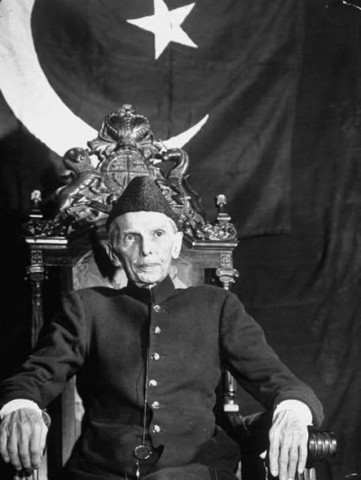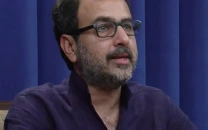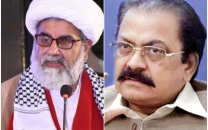Quaid-e-Azam never envisioned secular state: CJP
Says in view of changing social, economic conditions, all state institutions need to work in harmony

Says in view of changing social, economic conditions, all state institutions need to work in harmony. PHOTO SOURCE: ChatDD Forums
He was addressing a ceremony held to mark the beginning of the new judicial year.
Understanding our history: Experts discuss Jinnah’s vision for Pakistan
Referring to the famous August 11, 1947 speech, he said that the Quaid-e-Azam’s ideology was to ensure complete religious freedom to every citizen.
According to the chief justice, the Objectives’ Resolution had been made the preamble of the Constitution, which called for establishing a system, enabling Muslims individually and collectively to lead their lives in accordance with the teachings of Islam. Similarly, members of minority communities could freely lead their lives in accordance with their religious beliefs.
The chief justice expressed concern over the deep penetration of intolerance at all social strata and said that the nation was divided on the basis of colour, cast and creed.
The division on the basis of religion was a matter of great concern, as it destroyed peace in society and bred terrorism.
“It is the responsibility of all citizens to promote tolerance and harmony to eradicate intolerance from society.”
Urging the legal community to help the apex court, the chief justice said that insufficient preparation on part of lawyers and their requests for unnecessary adjournments mainly delayed the disposal of cases.
Jinnah’s letter to Pakistan: Who do I hold accountable?
Highlighting the spectre of domestic terrorism, the chief justice said that sometimes there was foreign involvement, but subversive elements were also being supported from within the country. “Unfortunately, some political parties support anti-state actors for vested interests.”
“Rule of law and Constitution is not possible in a country with an ineffective justice delivery system and (where) people do not have access to justice.”
He said that the functions and jurisdiction of all institutions were clearly outlined in the Constitution. “All institutions are duty-bound to remain within limits prescribed in the Constitution … this is necessary to establish good governance in the country. In view of changing social and economic conditions, all state institutions need to work in harmony to face (external and internal) challenges boldly.”
Underscoring the need for eliminating corruption, Justice Jamali said that an end to corruption “will automatically remove additional burden from the judiciary”.
Published in The Express Tribune, September 20th, 2016.



















COMMENTS
Comments are moderated and generally will be posted if they are on-topic and not abusive.
For more information, please see our Comments FAQ